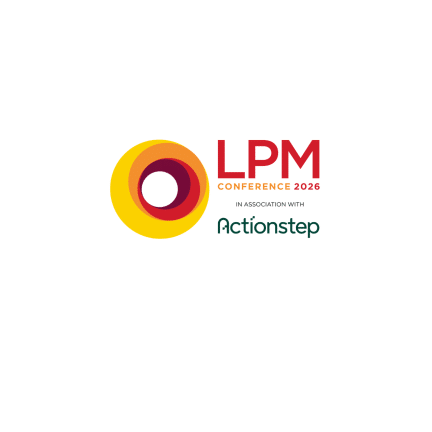
How law firms can responsibly harness AI
Doug Hargrove, senior VP for legal and professional services at OneAdvanced, offers a playbook for how law firms can balance AI’s powerful capabilities with the insight and nuance that only people can provide
Artificial intelligence (AI) is transforming industries, and the legal sector is no exception. By enhancing efficiency, minimising manual tasks, and improving client outcomes, AI offers incredible potential. However, its adoption should be approached responsibly to balance innovation with ethical and professional standards.
The landscape of AI in law
The findings of the Legal Trends Report 2025 show only 10% of law firms have fully embraced AI, while 16% are exploring its use. Lawyers express concerns about unreliable outputs, ethical considerations, and unstructured data. Flawed or biased data can lead to inaccurate outcomes, and 32% of lawyers cite a lack of expertise in AI implementation. Ethical issues like confidentiality, regulatory compliance and the preservation of human judgment further complicate adoption.
Overcoming the barriers
Caution is understandable, but it shouldn’t prevent progress. By taking a measured approach, law firms can minimise risks and gain significant benefits. AI tools are already supporting tasks such as document drafting, legal research and eDiscovery, freeing professionals to concentrate on strategic work. University studies highlight how AI, when properly integrated, can enhance both efficiency and quality by up to 28%.
Erik Brynjolfsson from Stanford captures this trend powerfully, stating, “Lawyers working with AI will replace lawyers who don’t work with AI.” The question isn’t whether to adopt AI, but how to implement it responsibly.
Best practices for responsible AI adoption
1. Blend AI with human oversight
AI enhances legal expertise but doesn’t replace it. AI can process vast amounts of data quickly, but human judgment should guide decisions. Clear protocols are essential to working hand in hand with professional practice. Keep humans in the loop to balance AI’s capabilities with the insight and nuance that only people can provide. AI will support your work, but human oversight guarantees every decision is both precise and thoughtful.
2. Prioritise training and education
Bridging knowledge gaps and ensuring ethical AI use are vital for progress. With 32% of lawyers citing a lack of expertise as a barrier, firms should focus on continuous learning and resources like those from The Law Society. Transparent governance is key to tackling biases, safeguarding confidentiality, and meeting regulations. Industry bodies can provide guidance to align AI adoption with ethics and professional values.
3. Improve data governance
Reliable AI relies on high-quality, structured data, but 23% of firms report their datasets are inadequate for AI. Cleaning and structuring data, frequent audits, and compliance with regulations like GDPR are crucial steps to ensure strong foundations for AI implementation.
4. Adopt AI incrementally
Successful adoption doesn’t require wholesale transformation. Starting with targeted applications, such as eDiscovery or time-capture automation, allows firms to refine processes while evaluating outcomes. Scaling up based on these early successes ensures steady progress without disrupting operations.
A powerful ally for the legal sector
AI is not here to replace legal expertise but to enhance it. By adopting a thoughtful, well-governed approach, law firms can leverage AI to improve client outcomes, boost efficiency, and stay competitive in a rapidly evolving legal landscape. As AI continues to advance, its role will shift from being a supportive tool to becoming an agent and trusted colleague, working seamlessly alongside legal professionals to strengthen collaboration and foster a more unified firm. Responsible use ensures this partnership upholds the profession’s standards while unlocking its full potential.
The road to responsible AI adoption is paved with careful planning, training, and adherence to ethical practices. Firms that seize this opportunity will not only stay ahead of the curve but also help shape a more effective and innovative legal profession for years to come.




